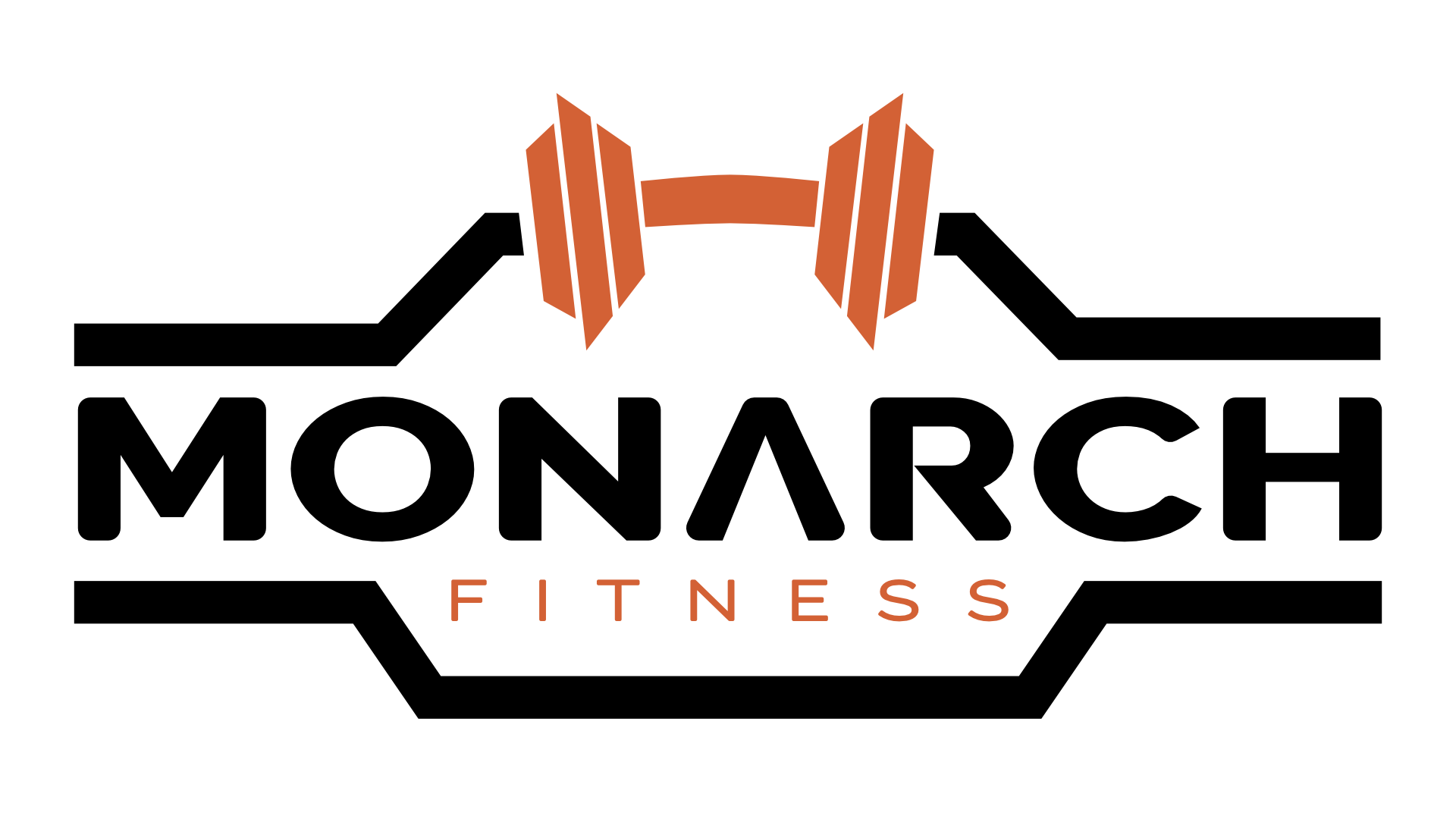Playing The Long Game: Why Fitness and Nutrition Success Requires Patience
Playing The Long Game: Why Fitness and Nutrition Success Requires Patience
In today’s fast-paced world, we’re wired to expect instant gratification—especially when it comes to health and fitness. We want six-pack abs in six weeks, to lose 20 pounds in 20 days, or to go from couch potato to marathon finisher in a summer. But real, lasting change doesn’t happen overnight. Instead of focusing on quick fixes, taking a long-term approach—thinking in terms of years, not weeks—leads to sustainable success.
Steve Kamb, founder of Nerd Fitness, captured this idea perfectly in his newsletter, What If It Took 5 Years? In it, he encourages people to shift their mindset from short-term wins to long-term progress, celebrating small milestones along the way. His message is clear: real results take time, and the only way to truly transform your body and health is through consistent effort over years, not just months.
Why Short-Term Thinking Fails
The fitness and diet industries thrive on the idea of fast results. Fad diets promise drastic weight loss in weeks, and high-intensity workout plans claim to deliver life-changing transformations in 30 days. But research shows that quick fixes rarely lead to lasting success.
One study published in Obesity Reviews found that rapid weight loss often leads to weight regain, as extreme dieting is difficult to maintain long-term. Similarly, an analysis in The Journal of Strength and Conditioning Research suggests that sudden, intense exercise programs lead to burnout or injury, making consistency impossible.
This cycle of starting and stopping can be frustrating, leaving people feeling like they’ve failed. But the truth is, real fitness isn’t about a 12-week transformation—it’s about a lifetime of small, steady improvements.
The Power of Small Wins
Kamb’s philosophy centers around celebrating small milestones as signals of long-term progress. Instead of obsessing over the scale or trying to completely overhaul your diet overnight, he suggests focusing on tiny, manageable goals that accumulate over time.
For example:
• If your goal is to lose 50 pounds, celebrate losing the first five.
• If you want to deadlift 300 pounds, recognize the achievement of lifting 100 pounds with perfect form.
• If your aim is to run a marathon, acknowledge your first continuous mile without stopping.
Each of these steps may seem insignificant on its own, but when stacked together over months and years, they lead to incredible transformations.
A Five-Year Mindset
Imagine shifting your mindset to think about where you want to be five years from now, rather than five weeks. What would change?
• You’d focus on sustainable habits instead of extreme diets or brutal workouts.
• You’d be more patient with setbacks, knowing that missing a single workout or eating a bad meal won’t ruin your progress.
• You’d prioritize consistency over perfection. A single great workout doesn’t change your body, but hundreds over years do.
James Clear, author of Atomic Habits, reinforces this approach by emphasizing the power of 1% improvements. He argues that small changes, repeated consistently, create exponential results over time. If you improve your nutrition or fitness routine by just 1% every day, imagine where you’ll be in five years.
Practical Steps to Adopt the Long-Term Approach
So, how do you apply this long-game mentality to your fitness and nutrition?
1. Set Process Goals, Not Just Outcome Goals
Instead of focusing solely on losing 30 pounds or squatting twice your body weight, set process-oriented goals. For example:
• “I will strength train three times per week.”
• “I will eat a protein-rich breakfast every morning.”
• “I will walk 8,000 steps daily.”
These are things you control today, and they compound over time.
2. Track Progress Beyond the Scale
Weight fluctuates and using it as your only metric can be discouraging. Instead, track:
• Strength gains (how much weight you lift)
• Endurance improvements (how long you can run)
• Energy levels and how you feel daily
• Habit streaks (number of days you’ve hit your nutrition or exercise targets)
3. Think in Phases, Not Finish Lines
View fitness as a lifelong journey with different phases:
• Year 1: Build consistency and foundational habits.
• Years 2-3: Increase intensity, challenge yourself more.
• Years 4-5: Master skills, refine technique, optimize performance.
4. Embrace Plateaus as Part of the Process
In any long-term pursuit, progress isn’t linear. There will be plateaus, setbacks, and periods where nothing seems to change. This is normal. Instead of getting discouraged, use these times to refine your habits and stay consistent.
5. Find Joy in the Process
If you hate your workouts or your diet, you won’t stick with them for five years. Find exercise routines you enjoy, cook meals you love, and make the process something you can sustain for life.
Conclusion: Play the Long Game
Adopting a long-term approach to fitness and nutrition isn’t about sacrificing results—it’s about guaranteeing them. Quick fixes may give you short-lived wins, but real transformation happens over years of small, consistent efforts.
As Steve Kamb suggests, ask yourself: What if it took five years? If that idea discourages you, it’s time to shift your perspective. If you’re willing to commit, imagine how much better, stronger, and healthier you’ll be—not just next month, but for the rest of your life.
The time will pass anyway. Where do you want to be when it does?



